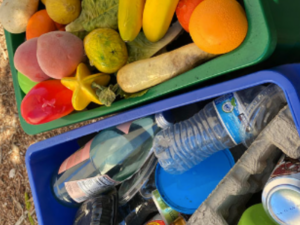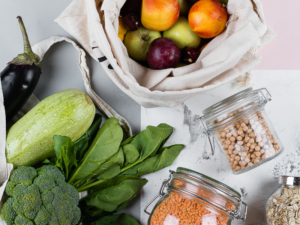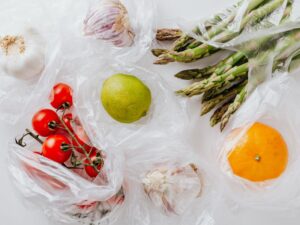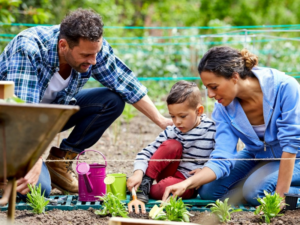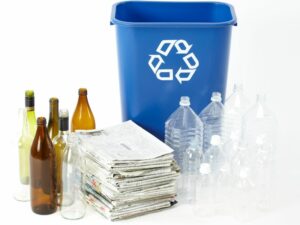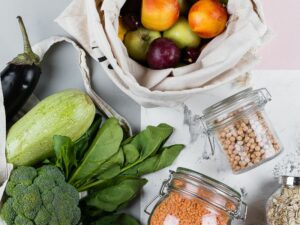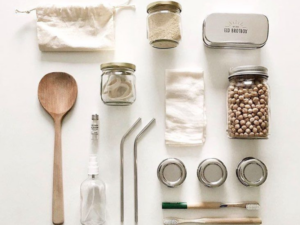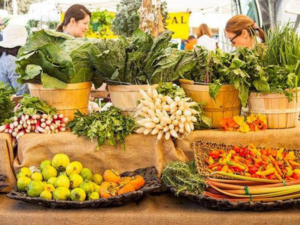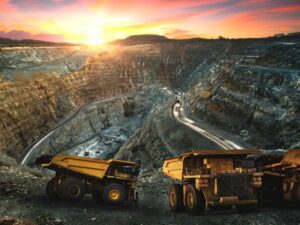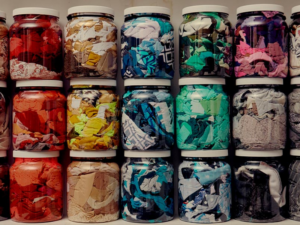Zero waste
Secondhand compost bins take recycling to the next level
At Solana Center, we live the values of reduce, reuse, and recycle in all forms. This spurred the idea to offer our pre-loved bins to the community at reduced prices at our store. This is a solution to both provide residents with an opportunity to give their compost bins another life if they aren’t being…
Read MoreWorried About Your Carbon Footprint? Shopping Local Might Be the Key
Blog Post by Volunteer and Student, Anna Potratz The pollution that comes from simply shipping food across the country can do massive environmental damage. Delivery trucks can put up to 1,522 tons of carbon emissions into the atmosphere every year, and about 70% of our food is shipped by truck, according to the US Energy…
Read MoreFrom the Rotline: Are all Biodegradable Plastics Compostable?
Rotline Question: What is the difference between biodegradable plastics and compostable plastics? Answer: Plastic that is compostable is biodegradable, but not every plastic that is biodegradable is compostable. Biodegradable plastic may be engineered to biodegrade in soil or water, whereas compostable plastic refers to biodegradation into soil conditioning material (i.e., compost) under a certain set…
Read MoreThe Benefits of Composting as a Family
Teaching kids how to be responsible stewards of our home planet can start in their early years! Along with spending time in nature, composting is a great way to introduce children to the environment and the science behind many natural systems. When we teach kids how composting works and get the whole family involved, they…
Read MoreRecyclable Materials Breakdown
Many of us have run into confusion around recycling, not sure what is recyclable and what isn’t. Well, it’s not just you, recycling is complicated. This is mostly because the term recyclable is pretty complicated. While anything can technically be used as a material for something else, whether something is recyclable is different from something actually getting recycled. Recyclable…
Read MoreReuse to Reduce Waste
Reusing items slows the process of take and dispose. Reusing is our main tool to reduce, since the more we reuse what is already there, the less we need. We can reuse materials that were meant to be disposed of, giving them a second life, or we can choose materials that were meant to be…
Read MoreGet Started for Plastic Free July!
Plastic Free July is here! Choosing to refuse and prevent plastic use in everyday living all year round is a great intention. We’re sharing some inspiration all month long to help you get started. Getting started: Start out small with a product audit. Take a look at what you’re buying and trashing and the materials…
Read MoreDon’t Waste Summer’s Bounty!
Summer is officially here! Have you attended your local farmer’s market to check out the seasonal bounty yet? Visiting your local farmer’s market can be a wonderful experience where you get to explore beautiful produce, flowers, and herbs and meet the farmers who are growing them. Purchasing local, seasonal produce also helps your food last longer, supports your community, and is a…
Read MoreUpstream and Downstream Waste Impacts
When we talk about waste we need to consider both the upstream and downstream impacts. Upstream is everything that went into the production of that product before it got to you, the consumer, including the extraction of natural resources, the manufacturing, the transportation, etc. Downstream is everything that happened to that product after you disposed…
Read MoreCommunity Series: Waste Not With Upcycling
One person’s trash has the potential to be another person’s treasure thanks to the powerful process of upcycling! Upcycling is a conventional process in which by-products and other used materials are transformed into something of higher quality or value than the original. This creative reuse process reduces the overall waste footprint, by keeping materials from…
Read More
